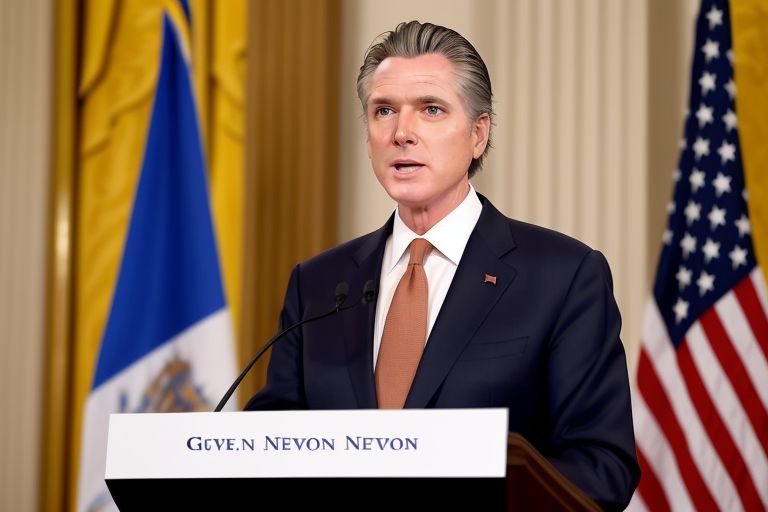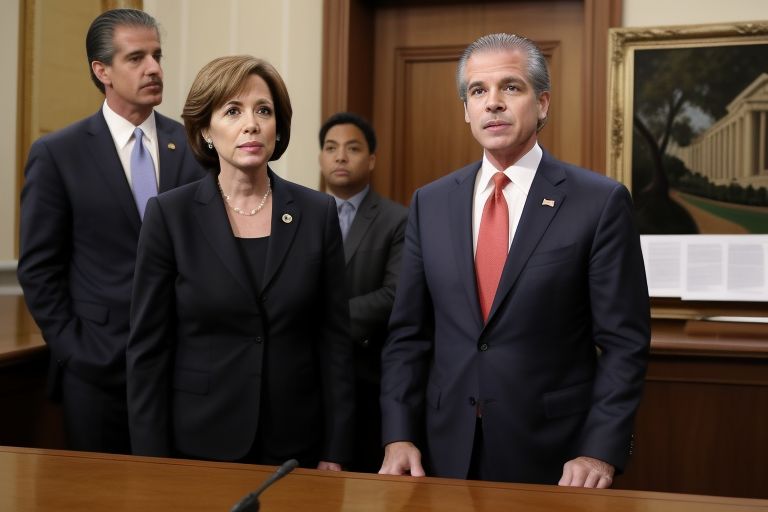Much to people’s amazement, they have voted against Proposition 32, seeking to boost the minimum wage in California up to $18 per hour by 2026, thus possibly being the highest in the country. This futile vote reveals new arising worries of economics among Californians while putting a new darker number to the traditionally Liberal progressive position on labor rights. The decision comes when the cost of living and issues related to inflationary pressures are hot in the hearts of most voters.
This is, in essence, a win for the business organization and its affiliate, the California Chamber of Commerce, who had been lobbying strongly against Proposition 32. Critics alleged that an increase to such a level would increase the costs of doing business, which could lead to the elimination of jobs and steep prices. If it is true that the economy and costs were key concerns for many voters this election, as Jennifer Barrera of the California Chamber of Commerce pointed out, then budget issues dealt a critical blow to the measure.
Supporters of the measure, which includes labor unions and other advocacy groups for workers, had anticipated that the rise in wages would have increased pay for about two million employees across the state, including those in the hospitality and retail industry. Kathy Finn, the president of UFCW 770- a union for a majority of workers in sectors like retail, food service, and manufacturing who are nearly 30000 in number – eradicating this measure was disappointing as it is a loss for all those in California who support that workers should not be paid less than necessary for the work they do.
Currently, California has multiple minimum wages depending on the industry and region in which the employees work. Current minimum wage workers in the state require at least $16 per hour, fast food workers, $20 per hour. The healthcare industry is expected to steadily hike up its minimum wage from $15 hour to $25 an hour courtesy of a law signed recently by Governor Gavin Newsom. Also, at least 40 cities and or counties in California have established their minimum wages to be above the stated statewide rate; six of such regions have set their minimum wages at more than $18 per hour from the year in question.
This paper concludes that the rejection of Proposition 32 brings a new trend to California’s minimum wage policy. In 2016, the state became the first in the nation to approve an increase in the minimum wage to $15 per hour under former Governor Jerry Brown. This progressive position on wages has been something that many Californians have boasted about and has been replicated in other states. But the present condition of the economy seems to have cooled the people’s demand for more hikes, at least for now.
The minimum wage increment was one of the most discussed social issues in the country due to the questions brought up about variable relations between worker remunerations, business sustainability, and economic health status. The proponent of the measure stipulated the argument that wage increases are necessary so that employees can afford to live in California, especially in urban centers where housing prices have soared. Some of them claimed that an increase in the minimum wage would boost economic activity because it would give consumers more purchasing power and less of a need for public subsidies.
Critics, on the other hand, rushed to express their concern about the negatives likely to be faced by the economy, such as loss of jobs and reduced employee working hours due to the effects of higher labor costs on businesses. Many retail shops and restaurants warned that they would cut work or shut down their businesses due to a much higher wage demand. Some economists also warned that when the minimum wages are sharply raised, they may cause inflation, which in turn would limit the positive impacts that the workers would receive.
The decision resulting from this vote is going to have impact not only within the state of California. Preemptively, the fact that California is one of the largest economies globally means every policy decision made generally sets up trends within other states and also at federal level. This rejection should make other jurisdictions containing similar wage enhancement bills more cautious, especially in the current era of demanding inflation rates and economic instability.
As the state continues from this decision forward, its policymakers and advocates for the labor force will be required to reconsider their approach toward combating income disparity and workers’ remunerations. It appears that future interventions will need to find a finer balance between paying attention to the needs of low-wage workers and the concerns of employers; further work may need to look into other ways in which low-wage workers can be supported without placing the heavy load on employers. The battle for fair wages/wages for our workers and economic stability continues, but the California electorate has made their preference clear: a raw moderation in the minimum wage policy.











Leave a Reply